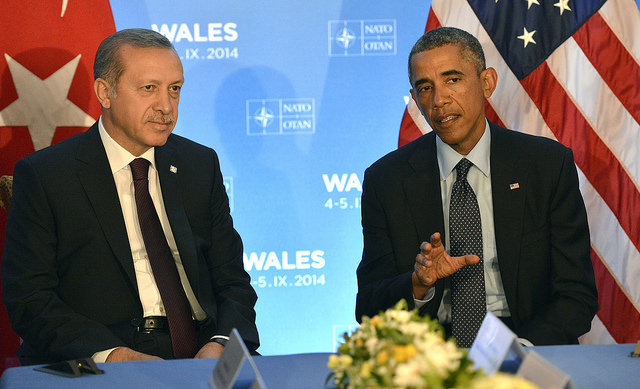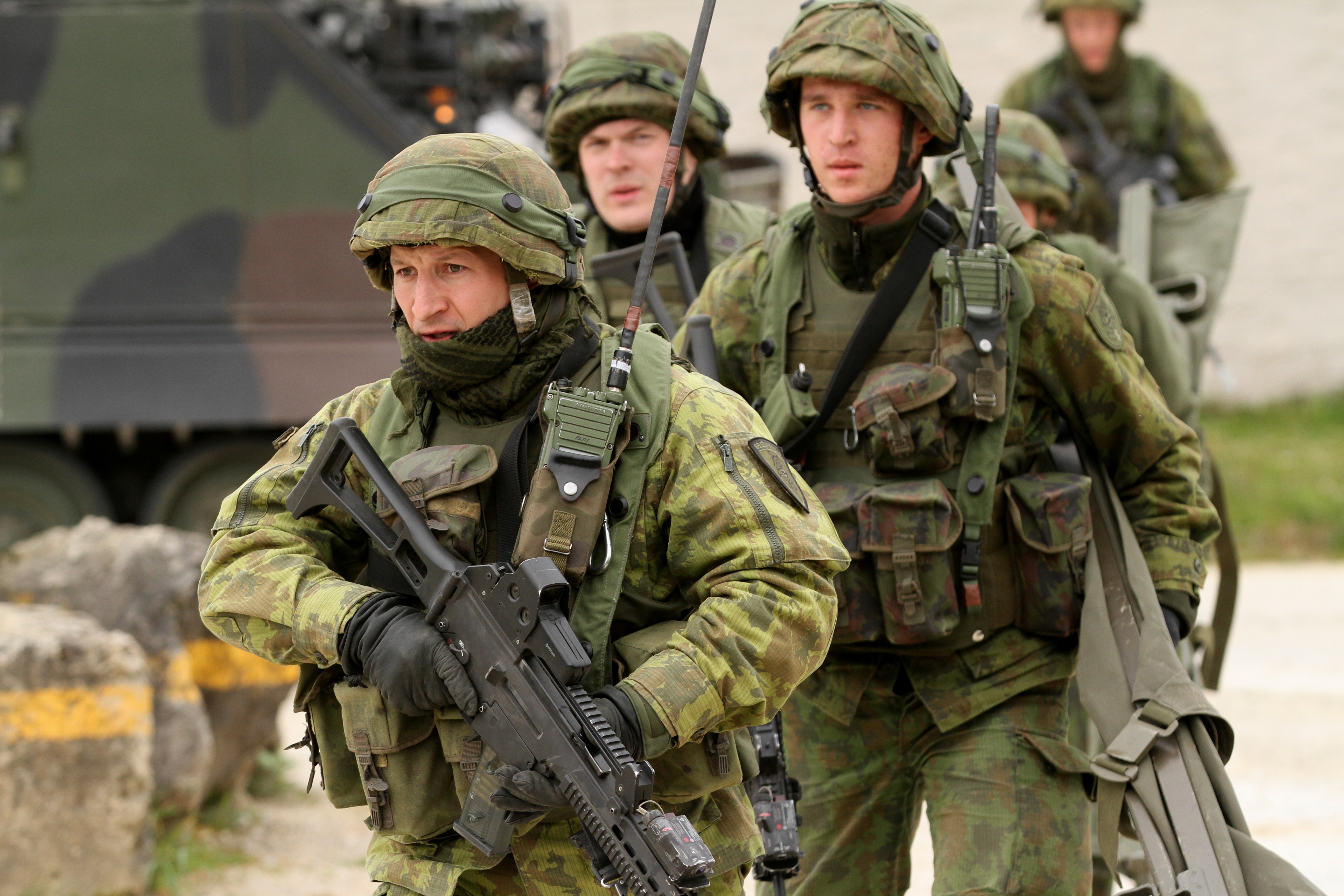In the aftermath of the failed attempt at a military coup against the government of President Recep Tayyip Erdoğan, there is potential for major shifts in the current geopolitical alliances. This botched attempt will further the reconciliation process between the Turkish leader and Russian president Vladimir Putin. In addition, tensions are rising rapidly as Erdoğan’s ministers, without evidence, blame The United States for the coup, specifically Turkish cleric and Erdoğan rival, Fethullah Gülen, the religious leader residing in self-imposed exile in the United States. Turkey believes that Gülen’s movement, which they refer to as the “parallel state”, and his supporters within the army masterminded the plot. Where the truth lies is still unknown, and the controversy is a new test for Turkish-US ties.
The United States has continually denied that it played any role in encouraging or supporting a coup attempt. Secretary of State John Kerry rejected any such accusations as “utterly false and harmful”, and he warned that Turkey’s NATO membership could be in jeopardy if it continues to purge thousands of officials and civil servants. Meanwhile, Turkey has demanded that the United States extradite Gülen or risk this nation turning its back on the West. In a televised speech on July 16, Erdoğan said that “if we are strategic partners,” the US would grant a Turkish extradition request for the cleric.
Tensions between the US and Turkey have simmered in the past few years over differences on how to approach the fight against the Syrian regime and against ISIS, as well as Erdoğan’s rule. President Obama once believed that Erdogan embodied a new kind of Muslim leader and regarded him as “a man of principle, and also a man of action.” A number of issues have contributed to the breakdown in relations between the two nations, notably Turkey’s perceived inadequate support for the international coalition against the Islamic State (IS), its hostile policy toward the Kurds in northern Syria; support for groups fighting the Syrian government; and disagreements on targeting Jabhat al-Nusra, al-Qaeda’s Syrian branch and other Salafi groups, such as Ahrar al-Sham.
In the wake of the coup, it is certain that Erdoğan paid close attention to which countries condemned the coup attempt, which kept silent and which waited to see who would prevail. Therefore the immediate support from Russia went far in signalling a return to friendly relations. Attending a meeting in Ankara a day before the coup attempt, Putin’s foreign policy consultant Alexander Dugin had said that a new era is about to dawn in relations between Russia and Turkey which might even surpass previously strained ties between the countries. Following the coup, Putin and Erdoğan spoke on the phone and Putin stressed in his conversation, according to Russian Foreign Minister Sergei Lavrov, “a principal position of unacceptability of government coups, be it in Turkey, Ukraine, Yemen or anywhere else.”
Relations had been strained since a Turkish warplane shot down a Russian fighter jet in November’s 2015. The Russian President’s response was sudden and immediate; sanctions were imposed on Turkey and Putin made it abundantly clear that he regarded Erdoğan’s actions as a personal betrayal of the highest order. Yet now the two Turkish pilots who played a role in the downing of the Russian jet are in custody over the July 15 failed coup, a Turkish official said. Talking to CNN Turk in the aftermath of the coup attempt, Ankara Mayor Melih Gokcek said: “The parallels are responsible for the tension between Russia and us. That incident [the downing of the Russian plane] was orchestrated by a pilot who belongs to the parallel state.” Putin’s foreign policy consultant echoed these sentiments, pointing the finger at the Gülenist Terror Organization (FETÖ) and claiming “the downing of the jet and killing of the pilot were tools of a geopolitical plot,”. “The U.S.’s aim is to sour relations between Moscow and Ankara, who have been bettering relations,” he added.
Putin fears any coup which attempts to overthrow an authoritarian government as it may serve as an example for his own people. He is also convinced that the West was behind the massive protests in late 2011 to early 2012 against the return to his third presidency. Putin has so hollowed-out Russia’s democratic institutions that the only means to remove him from power now would be a military coup. US and European officials are warning Erdoğan not to go further down the same road of authoritarianism that we have seen from Russia’s President. The hope remains that these lightly veiled threats about the consequences, including potential disqualification from NATO, will dissuade the leader. The United States current predicament over its future relations with Turkey was best expressed by the President of the Council on Foreign Relations, Richard Haass, in posing the question of “Do you support a nondemocratic coup,” or an “increasingly nondemocratic leader?”
Photo: President Barack Obama meeting with President of Turkey Recep Tayyip Erdoğa by Ash Carter, via Flickr. Licensed under CC BY 2.0.
Disclaimer: Any views or opinions expressed in articles are solely those of the authors and do not necessarily represent the views of the NATO Association of Canada.




